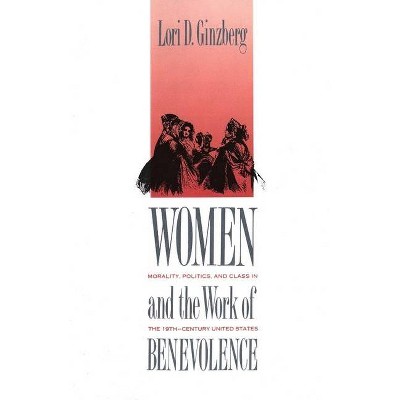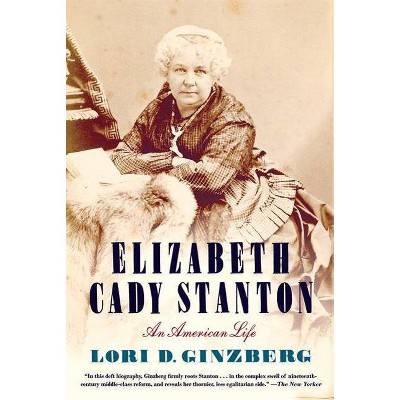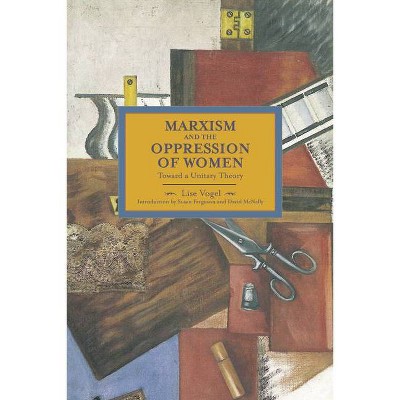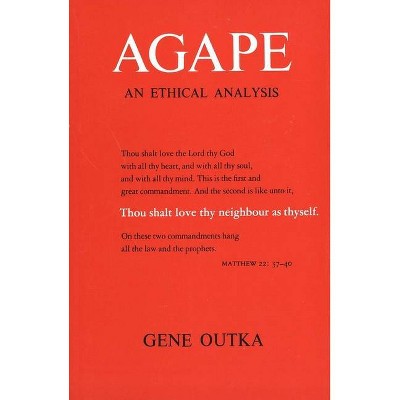Women and the Work of Benevolence - (Yale Historical Publications) by Lori D Ginzberg (Paperback)

Similar Products
Products of same category from the store
AllProduct info
<p/><br></br><p><b> Book Synopsis </b></p></br></br>In this book, Lori D. Ginzberg examines benevolent work performed by middle- and upper-middle-class American women from the 1820s to 1885 and offers a new interpretation of the shifting political contexts and meanings of this long tradition of women's reform activism. "Ginzberg offers a carefully nuanced interpretation of antebellum women reformers. . . . [Her] determination to juxtapose issues usually studied in isolation could stand as a model for American social historians of any period. Her questions about the intersections of gender, morality, class, and politics will remain significant for years to come."-Peggy Pascoe, American Historical Review "To read Ginzberg is to confront the difficult questions which face today's feminists. Is it possible for feminism to empower women without adopting an essentialist stance? Can a feminism that focuses on difference still fight for equality? Can feminism cross class lines and not simply mask class goals? These are the larger questions Ginzberg's ambitious book ultimately poses. The boldness of her thesis and the significance of the issues she raises within the historical context of female benevolence have already provoked debate and made her book required reading in women's history."-Sarah Stage, Reviews in American History COWINNER OF THE 1991 NATIONAL HISTORICAL SOCIETY'S BOOK PRIZE IN AMERICAN HISTORY<p/><br></br><p><b> From the Back Cover </b></p></br></br>In this book, Lori D. Ginzberg examines benevolent work performed by middle-and upper-middle-class American women from the 1820's to 1885 and offers a new interpretation of the shifting political contexts and meanings of this long tradition of women's reform activism.
Price History
Price Archive shows prices from various stores, lets you see history and find the cheapest. There is no actual sale on the website. For all support, inquiry and suggestion messagescommunication@pricearchive.us









![Benevolence [LP] - VINYL](https://pisces.bbystatic.com/image2/BestBuy_US/images/products/3483/34838648_sa.jpg)










